1 December 2022
Sustainability at Techbuyer - Business model to business mission
Astrid Wynne is the sustainability lead at Techbuyer, a global specialist in the provision of sustainable IT solutions.
In this exclusive blog, Astrid explains how this Yorkshire-based business has taken steps to deliver its sustainable products and services, while making it a company priority to practice what they preach:
Techbuyer is a sustainable business model.
By that I mean that our core business, which is product life extension, is one of the highest-value models in terms of materials-recovery that exist in the circular economy.
We recycle technologies that are not yet far enough advanced to do this at scale. We recover some of the rare earths and heavy metals that are in finite worldwide supply. We find ways to rebuild, repair and restore for new use which keeps products in use for as long as possible, reducing the need to mine and manufacture new equipment.
At a senior level, we were inspired by the circular economy theory behind why we process the IT equipment we do. We wanted to see what we could do in in the rest of our business too, our supporting functions departments like packaging and energy usage.
We were already developing best practice for the data centre sector, which is one of the highest consumers of energy and materials worldwide. But we decided to make it a company mission to learn and develop best practice for ourselves.
Our top three challenges to becoming more sustainable
- Lack of solutions
Sometimes there just have not been the options out there to get to where we wanted to be straight-away. So, we have had to be patient, carry out multiple trials and work with partners to find things that work for us.
- Lack of understanding
When we first started to explore what was in the equipment that we process (and therefore what resources our customers were helping to save by keeping it in use), we found a lot of black holes in industry data.
This was one of the main reasons we partnered with the CEDaCI (Circular Economy for the Data Centre Industry) project. This is an Interreg NW funded research project covering seven countries in North West Europe. We have put a lot of time into the project, supporting their research. We’ve donated a large amount of equipment, but it has brought us invaluable knowledge and understanding of some of the bigger issues. It is also really rewarding to see this go public, helping to make circular economy a more mainstream choice.
- Lack of interest from the market
We have spent a long time selling sustainability benefits to customers who were mostly buying on cost and performance. That is changing now, with more customers focused on sustainability, which is great.
But for a while we were pursuing projects that were interesting to us rather than the sector. It was great for motivation and staff felt like they owned beneficial projects, but it wasn’t making us money. Without the commitment and long-term vision at the top of the company, it might not have worked.
Start now
We’ve faced plenty of challenges, but we’re realising the benefits of becoming more sustainable. Businesses need to take a look at what you are doing now, and determine how it could be better. It can be a slow process but it is a great tool to build teamwork, motivation and ultimately company reputation.

Hear from Astrid about the project on this podcast https://anchor.fm/datacenterdynamics/episodes/Episode-6---Astrid-Wynne-Rogers--TechBuyer-e1grr3j/a-a7nddna
Techbuyer: www.techbuyer.com
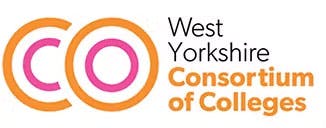

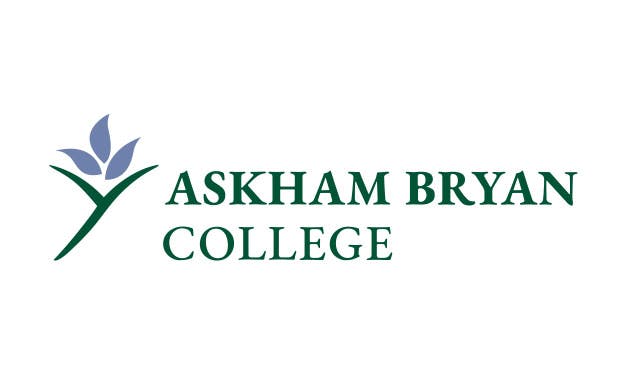
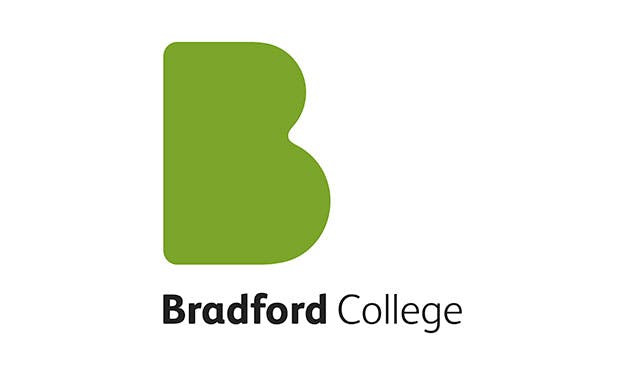
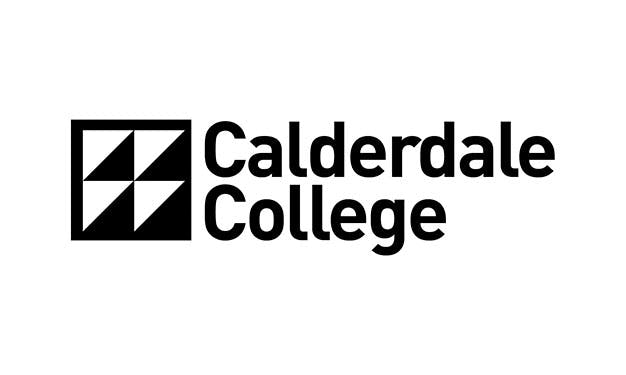
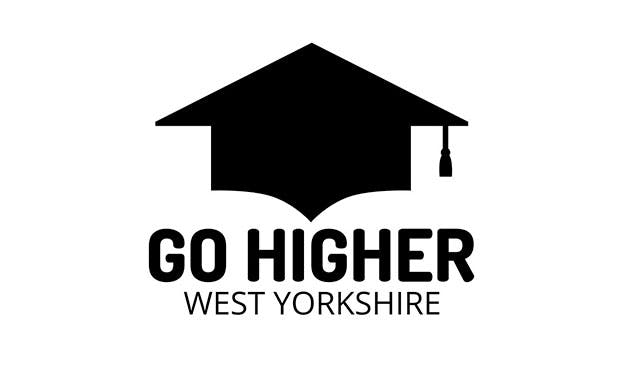
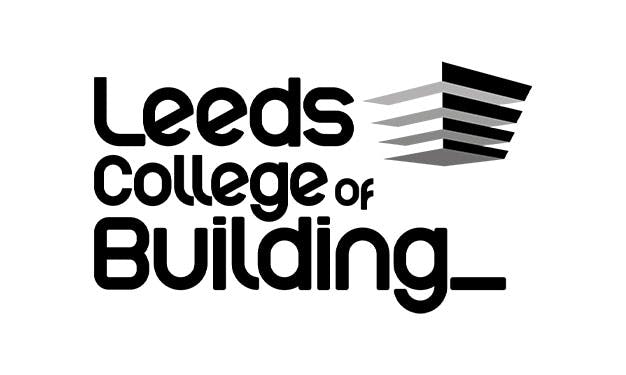
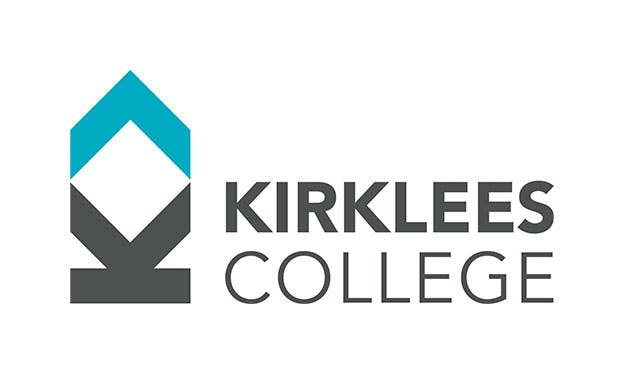
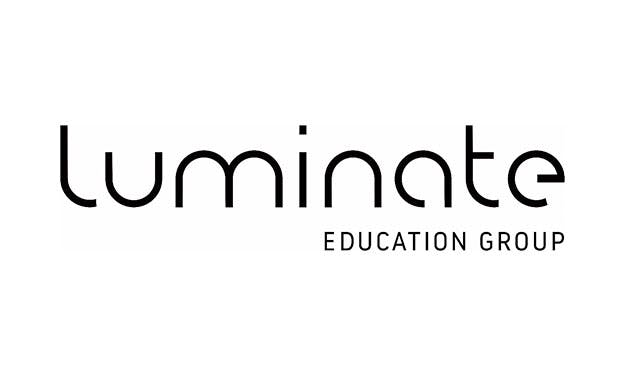
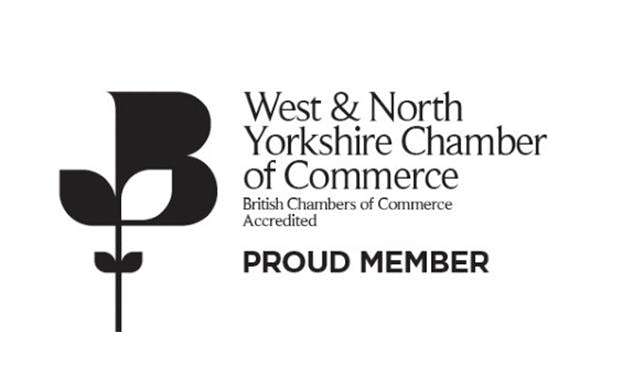






Comments